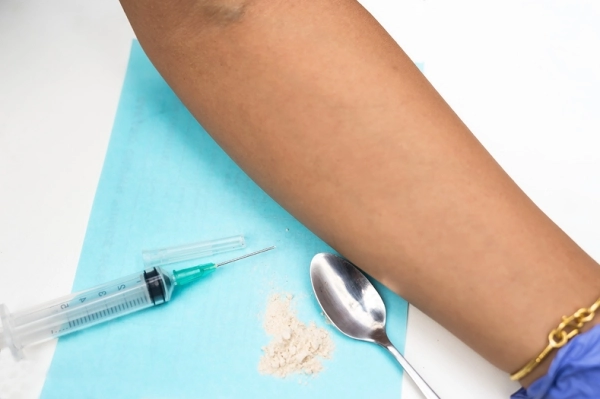What to Do When Your Friend Relapses

It is common to build lasting friendships in rehab. However, there is always the chance that one of your rehab friends will suffer a relapse. What can you do to help, while still maintaining your own sobriety? What should you prioritize? This article examines the answers to this thorny issue.
Building Relationships in Drug Rehab
Connecting to friends in drug rehab is a standard part of the process. So is a relapse, as those in recovery battle and eventually win against the disease. That is why it is very common to watch someone with whom you have connected relapse back into his or her own personal addictions. This can be heart-wrenching for both the people in rehab as well as the clinicians treating them.
Recovery from substance use includes meeting others in recovery so that the journey is not completely an individual process. This connection is so strong that these friendships often last a lifetime; together, you are sharing a difficult and sometimes physically dangerous journey. It is only natural that you will forge bonds with those around you.

That is why a relapse is so devastating; these connections link you to the successes and trials of other people. Your sense of empathy and understanding extends beyond yourself, and that is a necessary part of looking outside you to recognize the damage done to others.
What to Do When Your Friend Relapses
When a friend in rehab relapses it is common to feel a sense of betrayal, particularly because a pulling away from the friendship often precedes these incidents. Relapse happens in isolation; when a friend withdraws from a relationship, it can hurt. When you find out the friend is using again, you may feel responsible or angry. It is important to heal the friendship by talking and reconnecting.
However, if the friend continues the destructive behavior, it may be necessary to extricate yourself from the toxic activities that could potentially threaten your own sobriety. Everyday Health notes that the recovery journey is an individualized process, suggesting: “To truly get well, they need to do it on their own.”
When a friend relapses, it is often best to remind yourself that “there but for the grace of God, go I,” using the experience, not as a way to judge the person but instead to reinforce your own personal belief in the recovery process. Stay supported and strong, and do not let your friend discourage you from the important work you are doing to regain control of your life.
The example you set could ultimately serve as a motivational tool for the friend that has relapsed. Encouraging your friend to stick to the treatment plan, while taking even better care of yourself, is exactly the kind of support your friend will need to get back on the right track.
The National Institute on Drug Abuse suggests that recovering from substance abuse is just like recovering from any other disease. Treatment is often ongoing, lengthy, and repetitive. That is why relapse is part of nearly every recovery.
To learn more about admissions to our residential treatment facility, call now.




